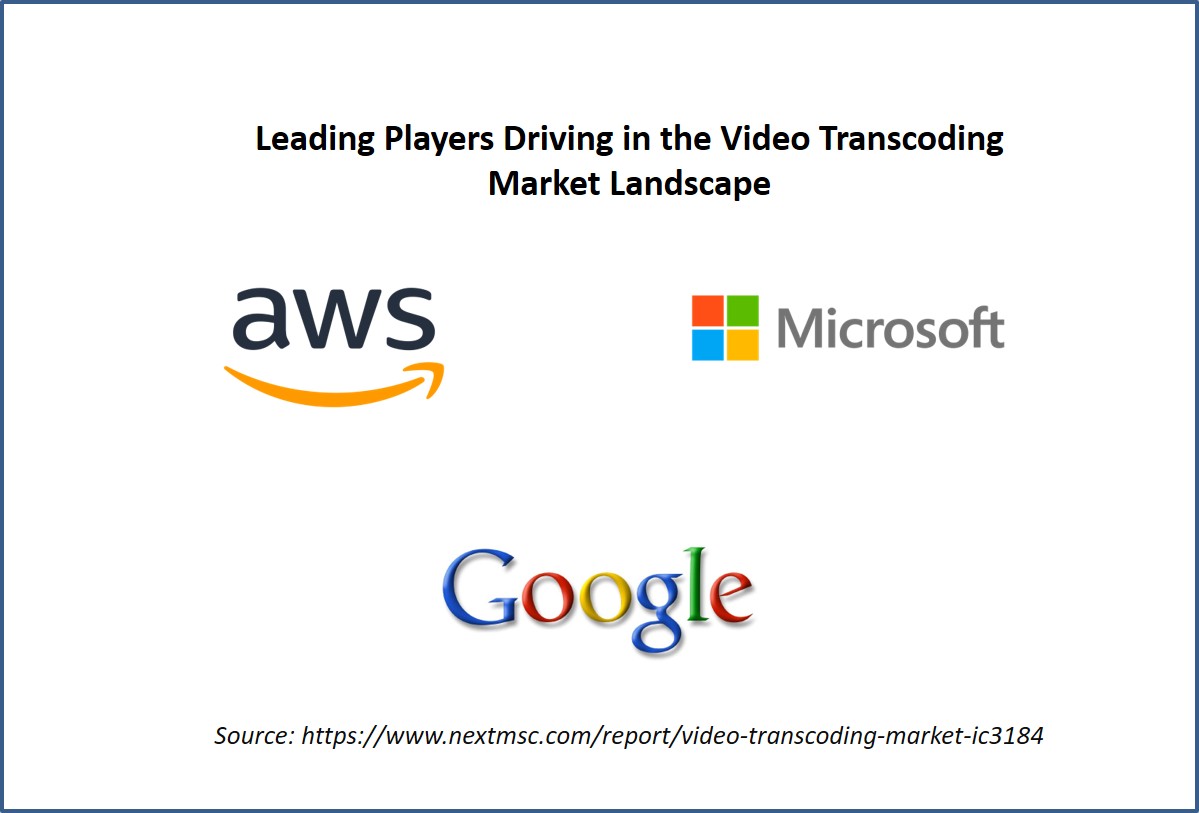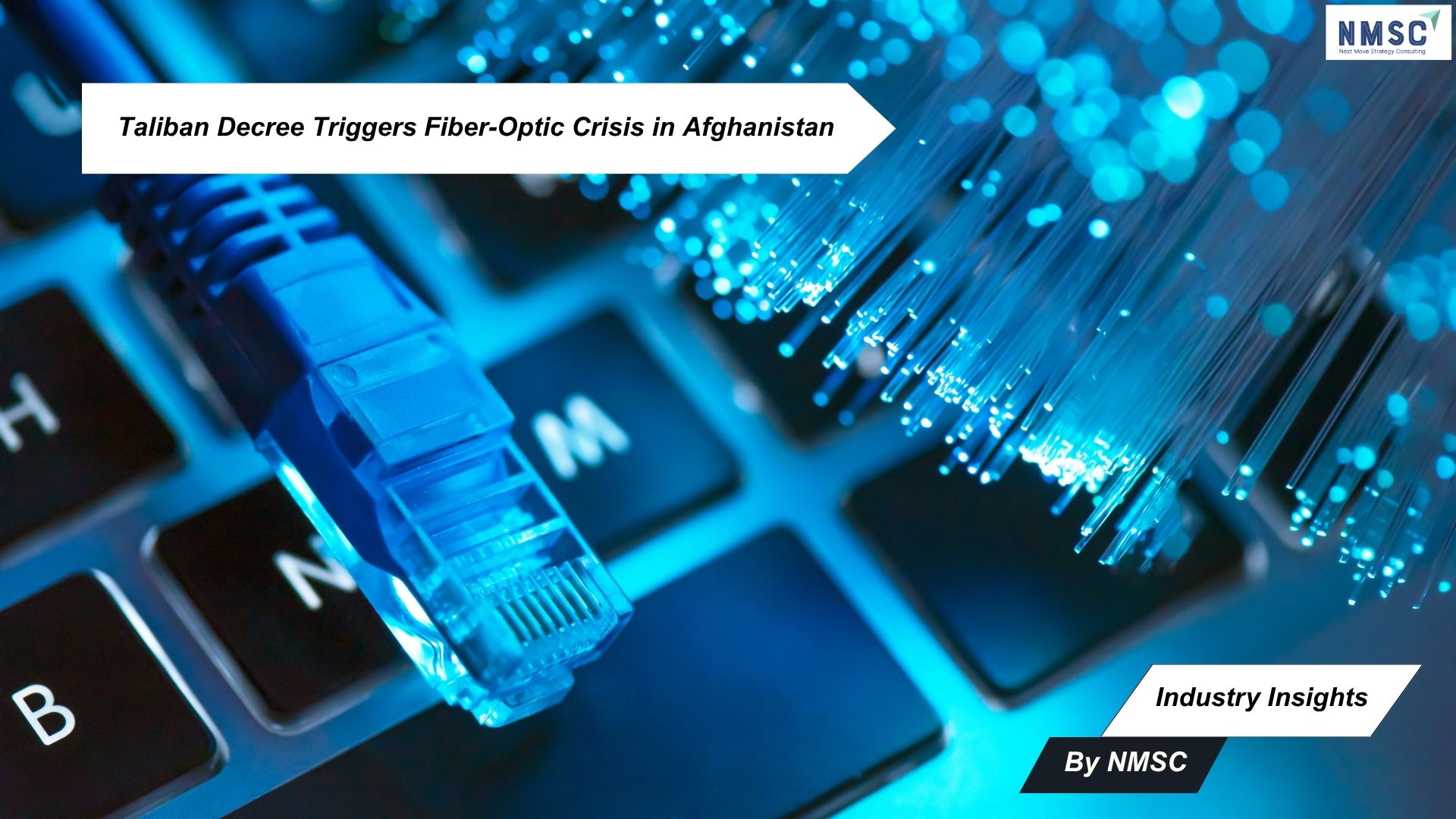Advancements in Video Transcoding: AI and Cloud Innovations
Published: 2025-10-10

Video transcoding, the process of converting video files from one format to another to ensure compatibility and optimal playback across devices, continues to evolve with AI and cloud integrations driving efficiency and accessibility. The global Video Transcoding Market size is predicted to reach USD 14.05 billion by 2030 with a CAGR of 11% from 2025-2030.
Latest Developments in Video Transcoding (2024–2025)
The video transcoding landscape in 2024–2025 has seen significant advancements centered on AI integration and cloud-based solutions, enhancing accessibility and streaming efficiency for global content distribution.
A key development is Ateme's collaboration with Google Cloud, to leverage generative AI for automating multilingual closed captioning in transcoding processes. This partnership deploys Ateme’s TITAN File transcoding application as containerized microservices on Google Kubernetes Engine, allowing efficient processing of media files from Google Cloud Storage using Vertex AI. The initiative enables content creators to generate subtitles in multiple languages simultaneously, addressing limitations in traditional single-language translations. Yohann Guilloux, VP Global Partnerships at Ateme, explained, “This innovation addresses a key challenge for content creators and distributors who have often been limited to translating content into a single language, thereby restricting international distribution and accessibility for non-English speaking or hearing-impaired audiences.”
Building on this, a February 28, 2025, industry analysis details how AI and content-adaptive encoding (CAE) are revolutionizing video streaming efficiency. CAE analyzes spatial and temporal complexities in video segments to dynamically adjust encoding parameters, such as bitrate allocation, ensuring high quality with minimal data usage. AI frameworks facilitate real-time optimizations using machine learning algorithms that predict frame-by-frame settings, including bitrate and constant rate factor adjustments. For instance, VisualOn’s Optimizer employs spatial-temporal feature extraction combined with Particle Swarm Optimization for model training, enabling adaptive encoding that outperforms traditional methods. Platforms like Netflix and YouTube have adopted AI-powered CAE, achieving bitrate savings of 20%–30% while maintaining perceptual quality measured by Video Multi-Method Assessment Fusion (VMAF). Additionally, Google’s AI enhancements to VP9 and AV1 codecs reduce streaming bandwidth by up to 30%, with real-time adaptations in live services like YouTube Live cutting rebuffering rates by up to 50%. These developments are reshaping the Video Transcoding Market by enabling scalable, cost-effective solutions for high-volume streaming, allowing procurement professionals to prioritize tools that minimize infrastructure demands and support sustainable operations.
How are Leading Companies Shaping the Video Transcoding Industry?
The video transcoding industry features prominent players such as Akamai Technologies, Amazon Web Services, Google LLC, Microsoft Corporation, Harmonic Inc., Brightcove Inc., Bitmovin Inc., Vimeo, Telestream, Wowza Media Systems, MediaKind, Cisco Systems, Qencode, Vbrick Systems, and others. To sustain their market leadership, these companies are actively pursuing strategies including collaborations and new product launches.
Impact of Advancements in Video Transcoding Market: Next Move Strategy Consulting’s View
The advancements in video transcoding, driven by AI and cloud integrations, have significant impacts on the market, industries, and stakeholders, particularly in terms of cost efficiency, accessibility, scalability, and sustainability. Below are the key impacts derived from recent developments:
-
Cost Reduction in Subtitle Production: Ateme’s collaboration with Google Cloud for automating multilingual closed captioning streamlines workflows and supports compliance with accessibility regulations. This innovation drastically reduces manual labor costs and production times in subtitle production for B2B users, enabling cost-effective content localization for international distribution.
-
Bandwidth and Infrastructure Efficiency: AI-powered content-adaptive encoding (CAE) and Google’s AI-enhanced VP9 and AV1 codecs achieve bitrate savings of 20%–30% while maintaining perceptual quality, as measured by Video Multi-Method Assessment Fusion (VMAF). These advancements lower infrastructure demands, making high-volume streaming more cost-effective and sustainable for platforms like Netflix and YouTube.
-
Improved Accessibility and Viewer Experience: Real-time adaptations in live streaming services, such as YouTube Live, reduce rebuffering rates by up to 50% through AI-driven optimizations. This enhances viewer satisfaction and accessibility, particularly in bandwidth-limited regions, fostering broader content reach.
-
Market Growth and Scalability: The adoption of AI and cloud-based solutions drives projected market growth. These technologies provide B2B stakeholders with scalable, actionable strategies for efficient content delivery, supporting global expansion and operational flexibility.
These impacts collectively lower barriers for international content distribution, enhance regulatory compliance, and enable sustainable, high-quality streaming solutions for diverse industries.
Applications Across Industries
Video transcoding supports diverse industries by ensuring seamless content delivery.
-
Media and Entertainment: Platforms use transcoding for on-demand and live streaming, where AI optimizes quality for viewers on varying devices.
-
Broadcasting: Enhances closed captioning for regulatory compliance and audience inclusivity, particularly in multilingual content distribution.
-
Telecommunications: Reduces bandwidth in streaming services, aiding efficiency in data-constrained environments.
These applications allow industrial buyers to procure solutions that balance cost and performance.
Industry Adoption of AI-Powered Transcoding
Leading streaming platforms like Netflix and YouTube have implemented AI-powered encoding, achieving 20%–30% data usage reductions while preserving perceptual quality via metrics like Video Multi-Method Assessment Fusion (VMAF). Netflix pioneered content-adaptive encoding between 2015 and 2018, achieving over 30% bitrate reduction without degrading video quality.
Google's AI-enhanced VP9 and AV1 codecs reduce streaming bandwidth by up to 30%, improving access in bandwidth-constrained regions. Platforms such as YouTube Live and Twitch benefit from real-time adaptations reducing rebuffering by up to 50% in live streaming services.
Cloud-based partnerships like Ateme's collaboration with Google Cloud facilitate flexible transcoding for international content distribution, with automated multilingual subtitle generation addressing key challenges for content creators previously limited to single-language translations.
|
Company/Platform |
Technology/Solution |
Key Achievements |
|
Netflix |
Content-Adaptive Encoding |
Over 30% bitrate reduction; 20-30% data |
|
YouTube/Google |
AI-enhanced VP9 and AV1 |
Up to 30% streaming bandwidth |
|
Ateme (with Google |
TITAN File transcoding with |
Automated multilingual subtitle |
|
VisualOn |
Optimizer (ML-based |
Spatial-temporal feature extraction |
Key Players with Recent Strategies/Deals
Leading players include Netflix, leveraging AI-powered encoding strategies for 20%–30% data reductions in streaming. Google advances through AI-enhanced codecs like VP9 and AV1, optimizing bandwidth.
Ateme, a key provider, integrates generative AI via Google Cloud partnership for TITAN File transcoding, focusing on automated subtitles. Further information about TITAN File can be found on Ateme's product pages. Jules Mermet-Husson, Cloud Solutions Architect at Ateme, stated, “In the face of exploding content volumes, it’s no longer enough to have good technology: you have to be able to innovate quickly, at scale, and with the right partners.”
Emerging company VisualOn deploys the Optimizer, a machine learning CAE framework using feature extraction for real-time encoding. VisualOn's Optimizer technology represents emerging innovation in machine learning-based CAE frameworks. These strategies emphasize scalability for B2B applications in live and on-demand transcoding.
Future Prospects and Examples
Future prospects for video transcoding involve AI-driven one-pass encoding and real-time frameworks, minimizing resources while delivering high-quality video globally. For live streaming services like Twitch and YouTube Live, AI-powered encoding dynamically adapts to real-time network conditions, with reported reductions in rebuffering rates of up to 50% based on specific implementations, enhancing viewer satisfaction. “With the convergence of machine learning, AI-based compression, and real-time optimization, the future of video streaming lies in smarter, more efficient encoding strategies,” as noted in industry analysis. For industry readers, this signals opportunities in procuring adaptive solutions that support sustainable, high-volume content delivery.
About Next Move Strategy Consulting:
Next Move Strategy Consulting is a premier market research and management consulting firm that has been committed to provide strategically analysed well documented latest research reports to its clients. The research industry is flooded with many firms to choose from, what makes Next Move different from the rest is its top-quality research and the obsession of turning data into knowledge by dissecting every bit of it and providing fact-based research recommendation that is supported by information collected from over 500 million websites, paid databases, industry journals and one on one consultations with industry experts across a diverse range of industry sectors. The high-quality customized research reports with actionable insights and excellent end-to-end customer service help our clients to take critical business decisions that enables them to move beyond time and have competitive edge in the industry.
We have been servicing over 1000 customers globally that includes 90% of the Fortune 500 companies over a decade. Our analysts are constantly tracking various high growth markets and identifying hidden opportunities in each sector or the industry. We provide one of the industry’s best quality syndicate as well as custom research reports across 10 different industry verticals. We are committed to deliver high quality research solutions in accordance to your business needs. Our industry standard delivery solutions that ranges from the pre consultation to after-sales services, provide an excellent client experience and ensure right strategic decision making for businesses.
For more information, please contact:
Next Move Strategy Consulting
5th Floor 867
Boylston St, STE 500,
Boston, MA 02116, U.S.
E-Mail: [email protected]
Direct: +1-217-650-7991
Website: www.nextmsc.com
About the Author
 Nitrishna Sonowal is an SEO Executive and Content Writer with 3+ years of experience in digital marketing. She combines analytical insights with creative storytelling to deliver impactful digital solutions. Beyond work, she enjoys dancing, baking, and exploring new places.
Nitrishna Sonowal is an SEO Executive and Content Writer with 3+ years of experience in digital marketing. She combines analytical insights with creative storytelling to deliver impactful digital solutions. Beyond work, she enjoys dancing, baking, and exploring new places.
About the Reviewer
 Debashree Dey is a skilled Content Writer, PR Specialist, and Assistant Manager with expertise in digital marketing. She creates impactful, data-driven campaigns and audience-focused content to boost brand visibility. Passionate about creativity, she also draws inspiration from design and innovative projects.
Debashree Dey is a skilled Content Writer, PR Specialist, and Assistant Manager with expertise in digital marketing. She creates impactful, data-driven campaigns and audience-focused content to boost brand visibility. Passionate about creativity, she also draws inspiration from design and innovative projects.

















Add Comment